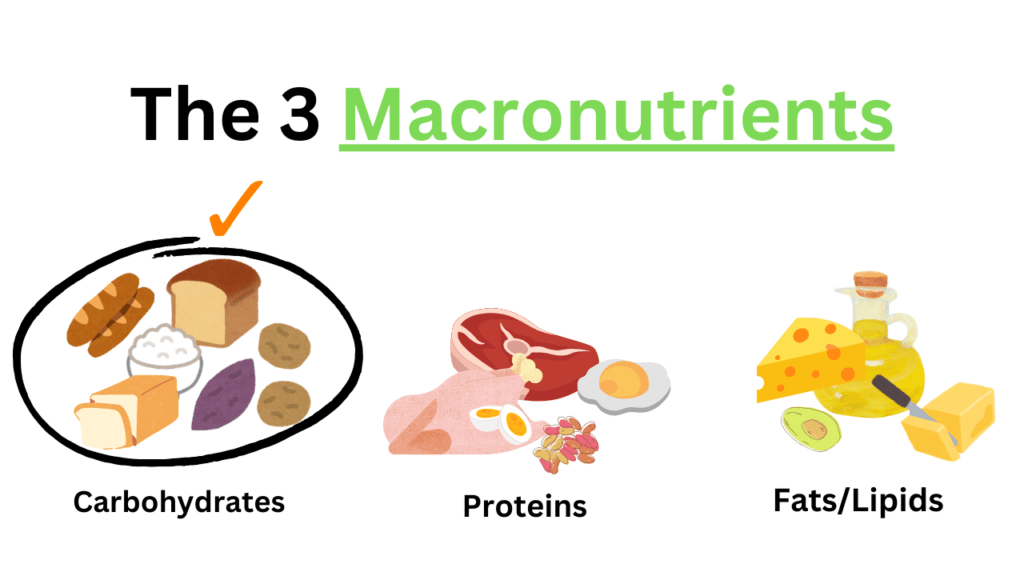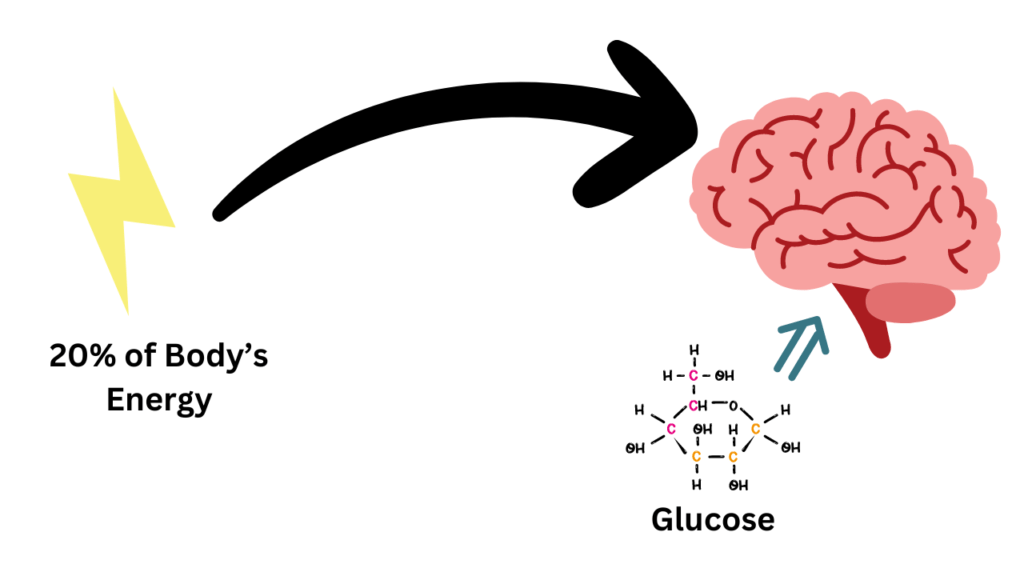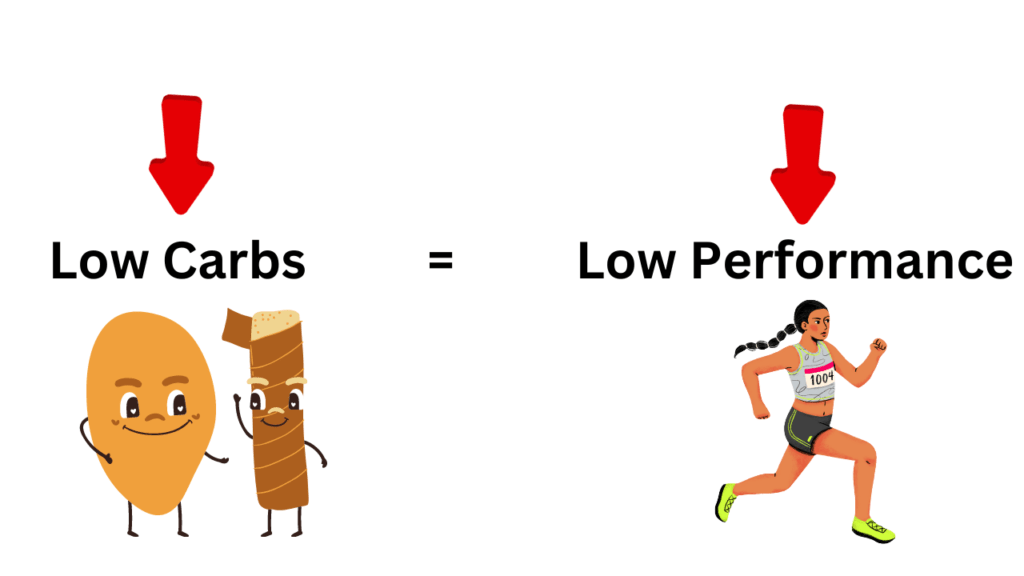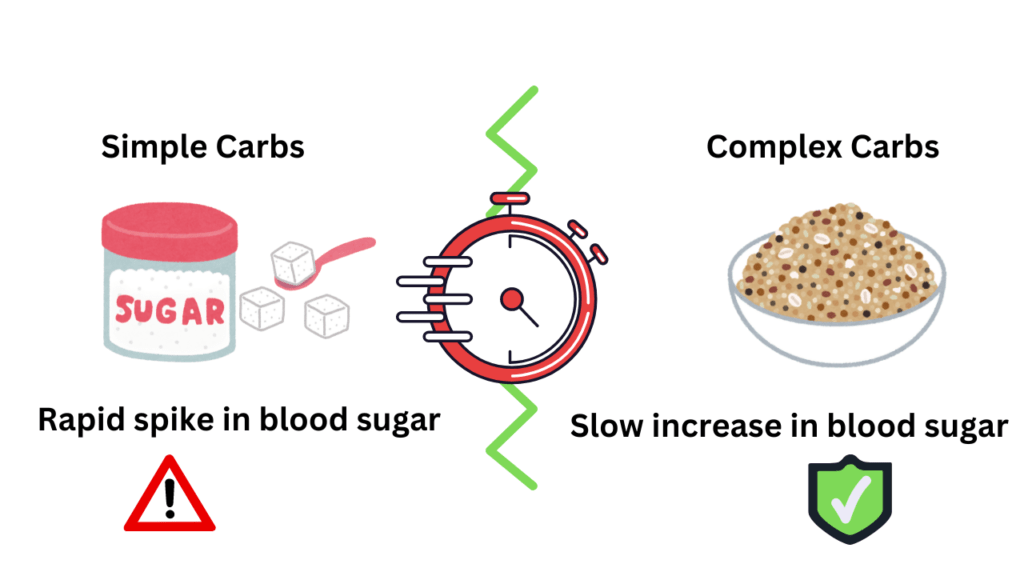Carbohydrates have been at the center of debates regarding their role in a healthy diet. Are they the key to energy and vitality, or are they responsible for weight gain and metabolic issues? This blog post explores the importance of carbohydrates in the diet, their role in energy production, and whether they truly deserve their bad reputation.
Carbohydrates: The Body’s Primary Energy Source

Carbohydrates are one of the three primary macronutrients, alongside proteins and fats. They are the body’s preferred energy source and are broken down into glucose during digestion. Glucose is crucial for fueling the body, particularly the brain, which relies almost exclusively on this form of sugar for its functions. Without sufficient glucose, cognitive function declines, and the body’s performance is compromised.
In everyday activities, from walking to intense exercise, carbohydrates serve as the primary fuel. The body stores excess glucose as glycogen in the muscles and liver, which it can tap into when needed. This is why carbohydrates are often considered indispensable for maintaining physical performance, especially in high-intensity activities.
The Brain and Its Reliance on Carbs

The brain consumes about 20% of the body’s energy at rest, primarily in the form of glucose. While the body can use fat and protein for energy during periods of carbohydrate restriction, the brain relies almost exclusively on glucose for optimal functioning. In low-carb diets, the body resorts to converting fats into ketones, which the brain can use as an alternative fuel. However, this is not an efficient long-term solution and can lead to brain fog and decreased cognitive function over time.
When glucose levels drop too low, the brain sends out hunger signals, making you crave carbs. This connection between carbohydrates and brain health highlights their importance, not just for energy but for mood regulation, focus, and cognitive clarity.
Carbohydrates and Physical Performance

For athletes and those engaged in regular exercise, carbohydrates are vital. During high-intensity physical activities, the body burns through glycogen stores rapidly. This makes carbohydrates essential for peak performance, as they provide quick, efficient energy. Endurance athletes, in particular, benefit from carb-loading before long races to maximize glycogen stores, preventing early fatigue.
Without sufficient carbohydrates, performance can decline. Muscles tire faster, and the body cannot maintain the same level of intensity. Recovery after exercise also depends on carbohydrates to replenish glycogen stores and repair muscle tissue. Thus, for those engaged in sports or fitness, carbohydrates are crucial for both performance and recovery.
Carbohydrates also play a role in muscle growth and recovery. After a workout, insulin levels rise in response to carbohydrate intake, facilitating the uptake of amino acids into muscle cells, enhancing repair and muscle building.
The Complex vs. Simple Carb Debate

Not all carbohydrates are created equal. Simple carbohydrates, such as sugars found in candy, soft drinks, and baked goods, are quickly absorbed into the bloodstream, causing rapid spikes and crashes in blood sugar levels. This can lead to energy slumps, increased hunger, and overeating. In contrast, complex carbohydrates, found in whole grains, legumes, vegetables, and fruits, take longer to digest and provide a steady release of energy. They also contain fiber, which aids digestion and promotes a feeling of fullness, reducing the likelihood of overeating.
Fiber, a component of complex carbs, is especially important for gut health. It helps regulate bowel movements, prevents constipation, and feeds the beneficial bacteria in the gut. Diets rich in fiber are also linked to lower risks of heart disease, diabetes, and certain cancers.
Moreover, complex carbs stabilize blood sugar levels, preventing the insulin spikes associated with simple carbohydrates. Over time, a diet high in simple carbs can lead to insulin resistance, a precursor to type 2 diabetes. Therefore, choosing whole, unrefined carbohydrates is key to maintaining stable energy levels and supporting long-term health.
Are Carbohydrates Overrated or Misunderstood?
Carbohydrates have gained a bad reputation, primarily due to the rise of low-carb diets like keto and Atkins, which focus on cutting carbs to induce weight loss. While these diets can be effective for some people, they often vilify all carbohydrates, ignoring the distinction between healthy, complex carbs and processed, refined ones. It’s important to note that it’s not carbohydrates themselves that cause weight gain but overconsumption of processed, calorie-dense foods combined with a sedentary lifestyle.
Whole grains, fruits, vegetables, and legumes provide essential nutrients, including vitamins, minerals, and fiber, that are crucial for overall health. Eliminating them entirely from the diet can lead to nutrient deficiencies and other health problems. Instead of fearing carbohydrates, it’s more beneficial to focus on the quality and source of carbs in the diet.
Low-carb diets may work for short-term weight loss, but they often result in a lack of sustainability. Over time, cutting out an entire macronutrient can lead to fatigue, cravings, and even a decline in physical and cognitive performance. A balanced approach to carbohydrate consumption, focusing on whole, unprocessed sources, is a more sustainable path to long-term health.
In conclusion, carbohydrates are neither the villain nor the hero in the nutrition world. They are an essential part of a balanced diet when chosen wisely. Whole, unrefined carbohydrates fuel the body and brain, promote stable energy, and support overall health. Instead of avoiding carbs entirely, focus on making smarter, healthier choices to reap their benefits without the negative consequences of overconsumption of refined sugars.